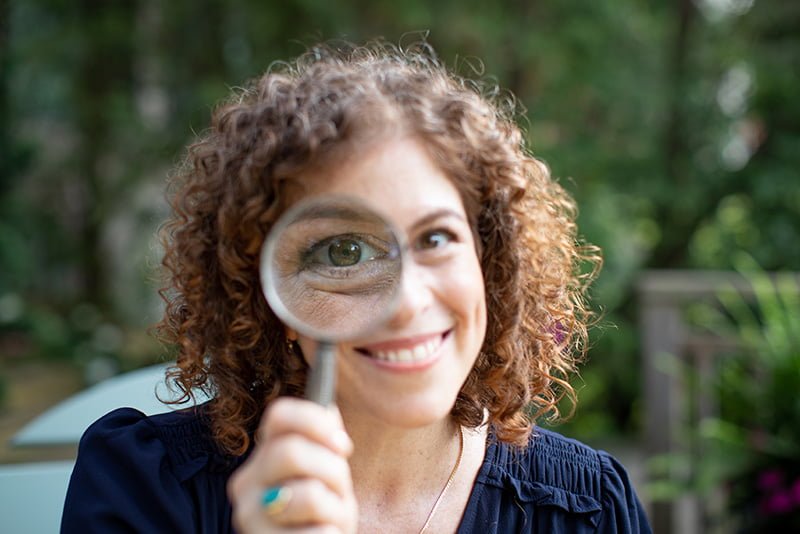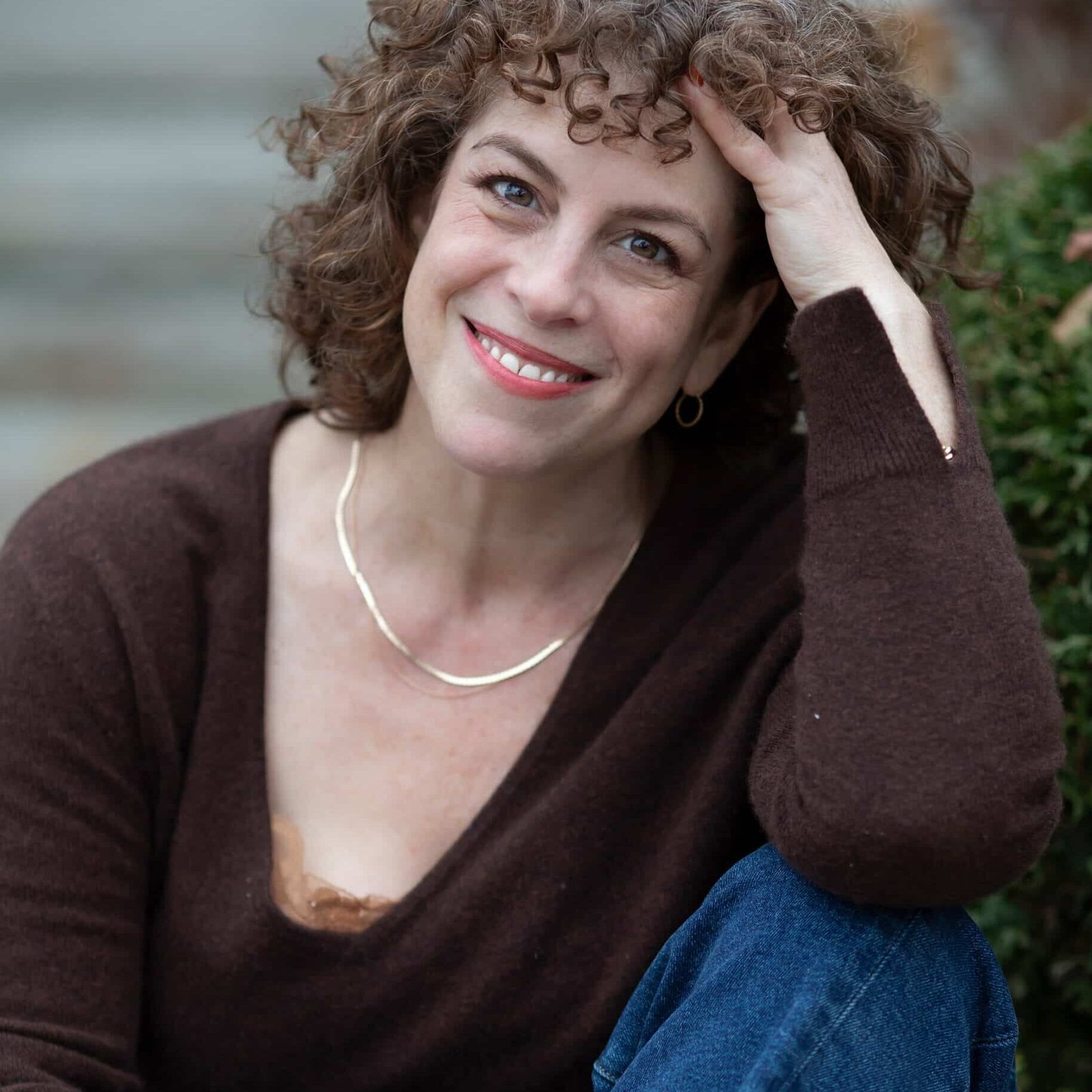If you’ve been following my work, you know that I invite my clients to question their long list of “shoulds” and consciously choose who they want to BE in midlife. Underlying our work together is exploring what’s possible when we break out of the conditioning and expectations that consistently show up on our to-do lists and impact our relationships, decisions, happiness, and fulfillment.
When we don’t get conscious about these things, what tends to happen is a default orientation to wanting to be “good.” And even if this isn’t a thing we say out loud or are conscious of, the desire to be good, or seen as good by others, is baked right in from our earliest years (babies who don’t cry are “good babies!”) and can hijack us in all kinds of sneaky ways.
The impact of trying to be “good” is often silencing ourselves, sacrificing what’s important, toeing the line, and holding up the status quo. We’re “good” when we don’t need much from other people, take up very little space, and don’t inconvenience anyone.
These expectations of “goodness” run in the background like a hum we stop hearing by midlife. They inform our choices without us knowing it, and they cause us to self-abandon time after time. When there is exhaustion, resentment, or burnout, we often find that striving to be “good” is part of the equation.
Defaulting to “good” — a word that has very little actual meaning — means we aren’t consciously choosing who we want to be or how we want to behave. Binary words like “good” and “bad” and “always” and “never” are usually signs that we’re outside of our intuition, inner guidance, and authenticity.
As an experiment, what if we replaced the word “good” with “whole”? What does that change?
What does it mean to be a “whole woman?” A “whole mother,” wife, or daughter? How does a “whole business owner” behave?
And who are we outside of our various roles anyway?
What brings us joy?
What makes us feel on purpose and fulfilled?
These essential questions are challenging to answer when the entire focus is on being “good.”
We genuinely do not have to carry the weight of other people’s expectations with us for the rest of our lives. We each get to choose the words we live by and the language that becomes our guideposts. Midlife is the time for that if it hasn’t happened already.
So, what might replace the word “good” for you?


